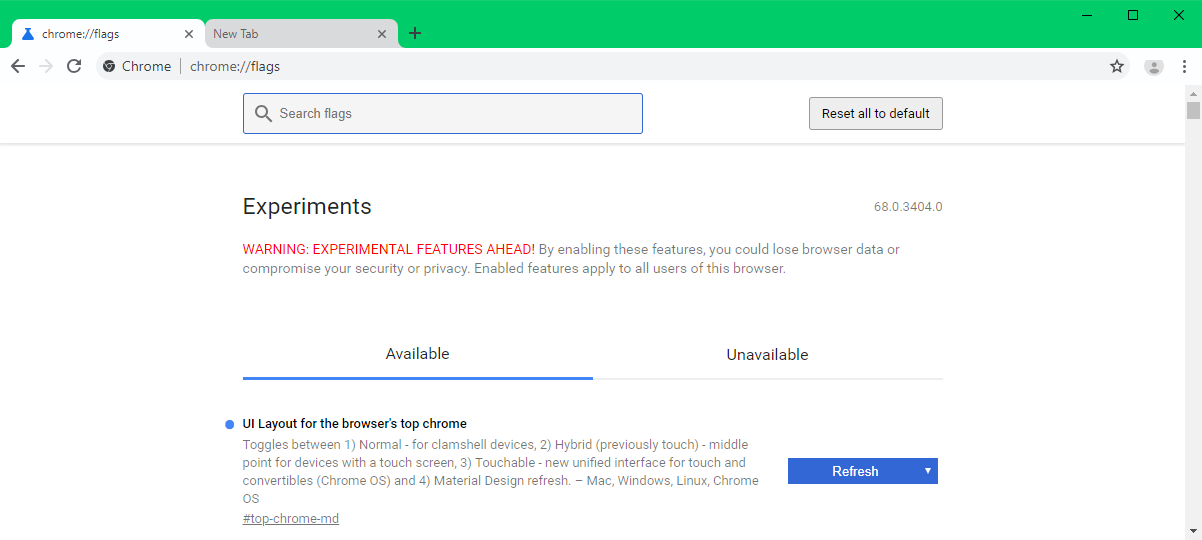
Best Chrome Browser For Mac
Usb format for windows and mac. Best Browser For Mac 2017 – In the Current Era, the Internet is the GOD of Everything you can Search anything on Google and get your In Chrome Web Store there are many Chrome Extension available that can help End users who use Chrome as a regular Browser or Default Browser.
You’ll notice we’ve dropped both Internet Explorer and Apple’s Safari web browser from our comparison. Microsoft’s aging browser has had some improvements over the years, but it’s no longer the default browser on Windows 10 and it doesn’t offer much beyond the bare minimum. It only exists today because some companies need it for legacy applications. And, while is still used by many Mac users, it’s no longer updated on Windows, and so we’ve removed it from the list. Most browsers are compatible with web standards and handle performance with relative ease. A casual user probably won’t notice a difference in the rendering speed between today’s modern browsers, as all six browsers are much faster and leaner than those of a few years ago — and become even more so with each new build.
Below are our benchmark results for the six browsers, with bold text indicating the winner for each category. We ran the following benchmarks on a desktop with an Intel Core i7-4770K processor, 16GB of RAM, and a 256GB SSD. All browsers were the most current production versions as of when the tests were run and all were at their default settings. Google Chrome, currently at version 69, had long dominated the HTML5 compliance benchmark, but Opera caught up a few versions ago. Vivaldi is tied with Firefox in second place, while Edge continues to be less compliant than the rest.
The Jetstream benchmark — which focuses on modern web applications — still has a surprising winner: Edge, which has been well in the lead for months. Microsoft continues to work hard on optimizing its new browser, and it shows with this test at least.
Chrome has taken over second place, with Opera coming in third. Vivaldi manages fourth place, and Firefox has fallen all the way to last from its previous second-place showing.
Mozilla’s Kraken benchmark has Firefox in a strong first-place finish with Chrome coming in second. Opera, Vivaldo, and Edge round out the competition in that order. Finally, we also tested how much RAM each browser uses, both with no tabs open and then with 10 tabs open accessing the same popular sites.
We made sure that each browser had no extensions running, and we let each browser settle in before looking at its memory use. For the test with 10 tabs open, we averaged memory use when all of the tabs were first opened and then five minutes later, to account for any variability. It’s not a scientific test, but it should be sound enough to give an idea of which browsers are the most and least efficient in terms of taking up your RAM.
We found Chrome to use the least RAM when first opened, and Firefox is most efficient with all 10 tabs loaded. However, Firefox used the most RAM when first opened with no tabs open, and once again Edge used twice as much RAM as the next worse with all 10 tabs open. Security and privacy The most valuable tool for secure browsing is user discretion, especially when you consider that every web browser has encountered security breaches in the past. In particular, Internet Explorer and Chrome’s reputation for protecting users’ security and privacy credentials is spotty at best. Chrome, Safari, Vivaldi, Opera, and Firefox all rely on Google’s Safe Browsing API to detect potentially dangerous sites. Thanks to constant updates, Mozilla, Chrome, and Opera all make constant security improvements. All browsers offer a private session option, too.